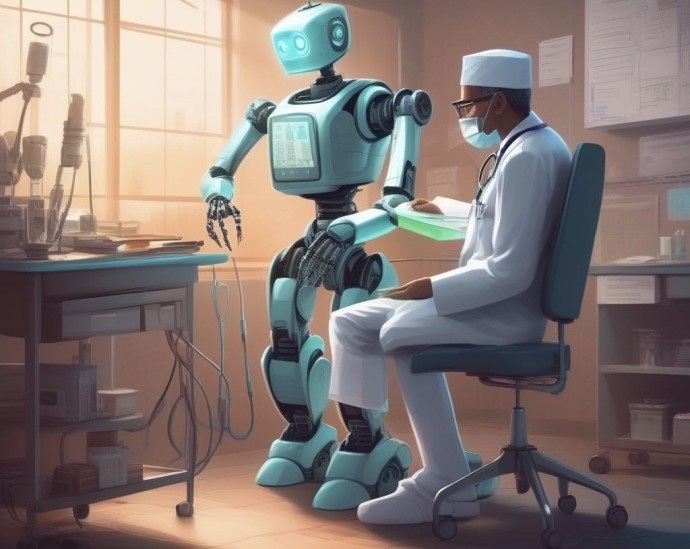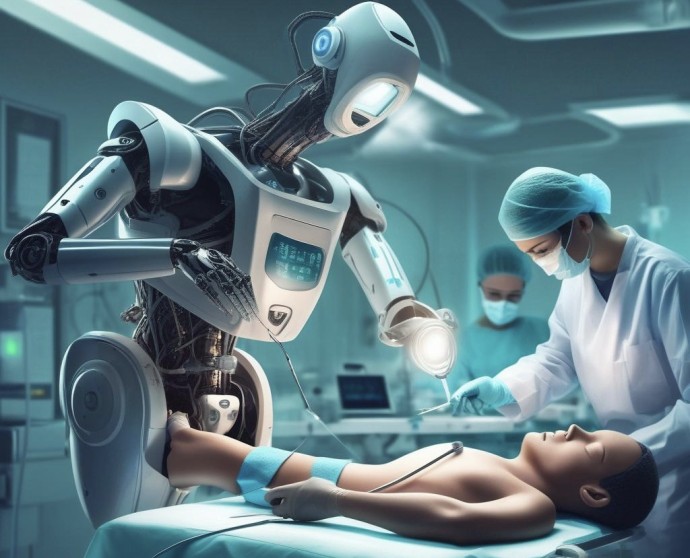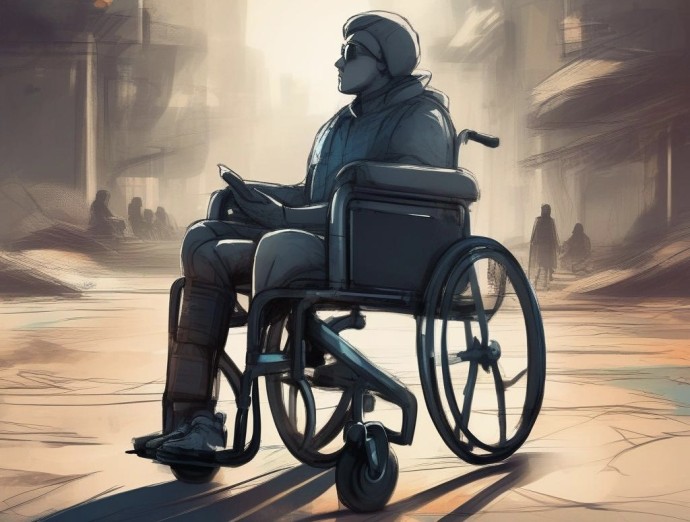AI and How It Impacts Medicine Daily

If you think that artificial intelligence can do almost anything, you're not mistaken. It has already learned to make diagnoses and perform surgeries on its own. Here's a look at how AI is being used in medicine.
Surgery

To become a full-fledged surgeon's assistant during surgery, AI needs a «body,» and this is where robots come to the rescue. Often, they work together with a human; for example, the da Vinci system is organized in this way. The robot's «hands» reproduce the movements of the doctor at the control panel. Due to its small size, the robot can make smaller movements than human fingers. This opens up the possibility of operating on tiny parts of the body and organs that previously seemed inaccessible.
Some systems work without human intervention. For example, the HeartLander miniature robot moves itself and performs simple operations on a working heart. At the same time, it doesn't touch the lungs or other nearby organs, which significantly reduces the painfulness of the operation for the patient. STAR, Smart Tissue Autonomous Robot, independently conducts laparoscopy, which allows you to «look» inside the human body through a small incision. Both developments have been tested on animals, but they aren't yet used in medical practice. Their main advantages are that surgeons don't need to open large areas of the body for surgery, and medical intervention leaves virtually no marks on the skin.
Disease Diagnosis
AI-based digital solutions are as useful for medicine as robots. Algorithms have learned to analyze medical images and identify diseases from flat feet to stroke. AI proved itself in this field during the pandemic when it helped doctors predict the course of disease in patients with COVID-19. Today, AI analyzes brain MRIs, abdominal CT scans, mammograms and radiographs, and dental and ocular scans. The main advantages of such developments are speed and accuracy. They optimize the work of doctors, reduce the chance of error, and shorten the time it takes to get results, which can save more than one life.
Helping People With Special Health Conditions

AI allows disabled people to see, hear, and even move. Intel has created wheelchairs that are controlled by facial expressions. Owners of such devices can use particular commands for each of the facial expressions, and built-in cameras will recognize them. This development solved the problem of people paralyzed above the waist who couldn't control conventional wheelchairs with a lever.
Swiss scientists have developed AI-based software for implants with which paralyzed patients will be able to move independently. To do this, they need to select the intensity of movement on a tablet, which will transmit signals to pacemakers and electrodes implanted in the spinal cord. The technology is still being refined and tested. It won't cure a paralyzed person, as it doesn't restore the damaged parts of the spinal cord, but it will significantly expand the ability of a paralyzed person to move around and make their life more fulfilling.
Cancer Treatment
AI has proven indispensable in DNA research, where machine vision can recognize objects inaccessible to the human eye. That's especially important for cancer treatment. In 2018, doctors at Charité Hospital in Berlin conducted an experiment in which AI identified malignant growths by examining the DNA of their cells. The results were more accurate than those of pathologists. If doctors take advantage of this accuracy and entrust the diagnosis of cancerous tumors to AI, the prediction of the course of the disease and the choice of treatment tactics will become more accurate and will save more patients.
In 2023, AI helped researchers from the University of Toronto find a possible cure for liver cancer. The scientists used AlphaFold, a protein structure-building program, and Pharma.AI, a drug discovery platform. In 30 days, the AI found vulnerabilities in the cancer cell's DNA and proposed a new molecule that could target them. The drug is now in the testing phase. Its success will cure people and validate the possibility of finding drugs using AI. Thanks to it, the creation and production of drugs will accelerate several times faster.

Become a part of digital history






Comments about AI and How It Impacts Medicine Daily